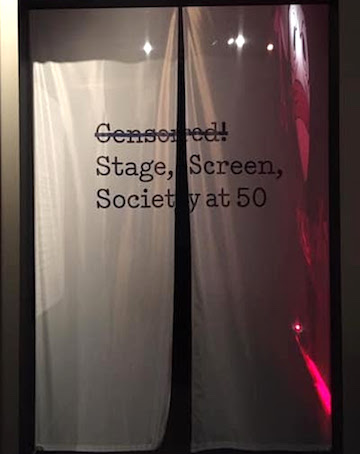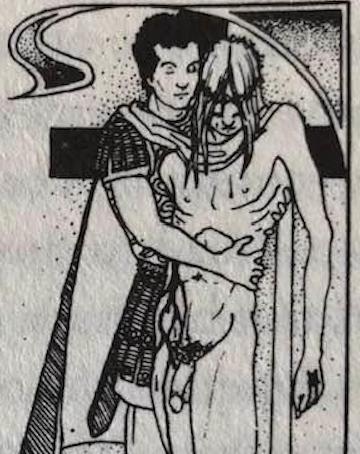
Popular comedian Udom Taephanich reported to police in Kanchanaburi yesterday after a defamation suit was filed against him by Preecha Kraikruan. Preecha hit the headlines in 2017 after falsely claiming that he had won the lottery, and Udom joked about this in his twelfth stand-up comedy show, filmed in 2018.
The show — Deaw 12 (เดี่ยว 12) — was released on DVD and is streaming on Netflix. Preecha apparently only recently realised that he was the butt of Udom’s jokes, hence his libel lawsuit filed seven years after the show was recorded. In a satirical song (part of the encore, which is not included in the YouTube video of the show), Udom rapped:
“Preecha claimed the lottery was his...
It’s easier to tell lies
Than admit the truth”.
The show — Deaw 12 (เดี่ยว 12) — was released on DVD and is streaming on Netflix. Preecha apparently only recently realised that he was the butt of Udom’s jokes, hence his libel lawsuit filed seven years after the show was recorded. In a satirical song (part of the encore, which is not included in the YouTube video of the show), Udom rapped:
“Preecha claimed the lottery was his...
It’s easier to tell lies
Than admit the truth”.
This is the third legal case against Udom. Last year, he faced lèse-majesté charges after a routine about the ‘sufficiency economy’ in his Netflix special Super Soft Power (ซูเปอร์ซอฟต์พาวเวอร์). (In that show, he didn’t challenge the notion of sufficiency economy itself; instead, he criticised the hypocrisy of influencers who falsely claim to adhere to sufficiency economy principles.)
In 2022, he was accused of endangering national security following his mildly satirical riff about military leaders Prayut Chan-o-cha and Prawit Wongsuwan. (Comparing them to unqualified pilots, he suggested that they should resign: “both of you, the pilot and copilot, please eject yourselves from the plane.”)
In 2022, he was accused of endangering national security following his mildly satirical riff about military leaders Prayut Chan-o-cha and Prawit Wongsuwan. (Comparing them to unqualified pilots, he suggested that they should resign: “both of you, the pilot and copilot, please eject yourselves from the plane.”)




